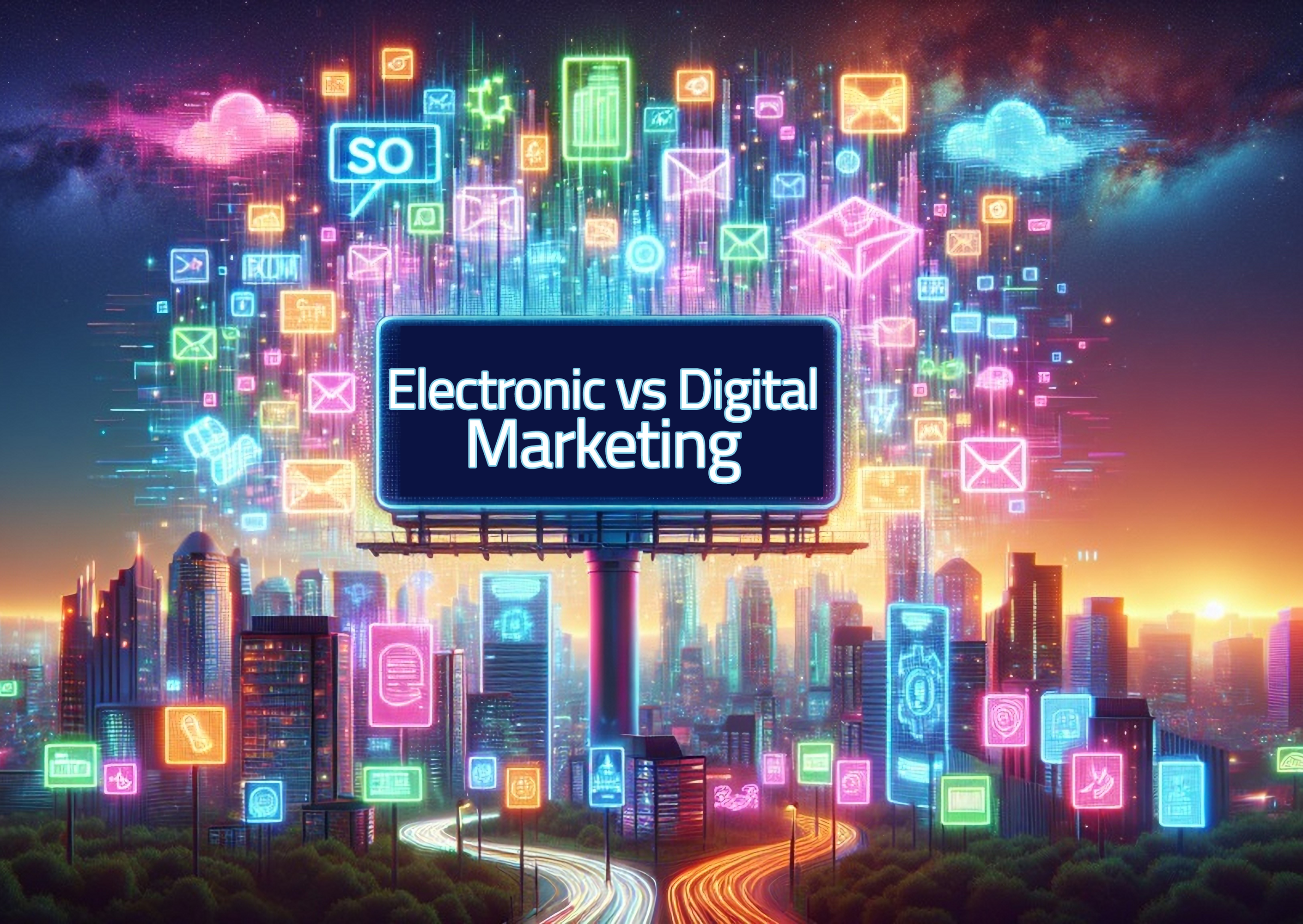
In today’s competitive digital landscape, large businesses cannot
rely on generic marketing tactics. They require robust, data-driven
systems to manage campaigns, align teams, and reach their target
audience across multiple platforms. This is where enterprise digital
marketing solutions come into play.
These advanced solutions offer businesses the tools, strategies, and
insights needed to manage digital operations on a large scale —
effectively and efficiently.
What Are Enterprise Digital Marketing Solutions?
Enterprise digital marketing refers to a suite of tools and digital marketing strategies tailored for large companies. These solutions are designed to manage marketing across:
• Multiple channels
• Different regions
• Large internal teams
• Various customer segments
Unlike smaller-scale tools, enterprise systems are built for scalability, integration, and real-time performance tracking.
Why Do Enterprises Need These Solutions?
Large businesses face complex challenges:
• Operating in diverse markets
• Managing large volumes of customer data
• Running multiple campaigns simultaneously
• Aligning sales, marketing, and customer support teams
Enterprise solutions bring structure and automation to these challenges. They allow businesses to deliver consistent messaging, optimize performance, and improve ROI through smart data usage.
Core Features of Enterprise Digital Marketing Platforms
1. Omnichannel Marketing Management
Enterprises need tools that manage campaigns across:
- • Social media
- • Websites
- • Paid ads
- • SMS and email marketing
Platforms such as Salesforce Marketing Cloud, HubSpot Enterprise, and Adobe Experience Cloud offer centralized dashboards to plan, launch, and monitor all marketing activity from one place.
2. CRM Integration
Integrating your Customer Relationship Management (CRM) system is essential. It allows:
- • Better customer segmentation
- • Lead nurturing
- • Sales and marketing alignment
- • Personalization at scale
Tools like Salesforce CRM, Zoho CRM, and Microsoft Dynamics 365 make it easier to track customer behavior and deliver tailored experiences.
3. Enterprise SEO and Content Strategy
Large businesses often have hundreds (or thousands) of pages. Managing SEO across this scale requires:
- • Regional and language-specific keyword targeting
- • Structured content hierarchies
- • Technical SEO (site speed, mobile optimization, schema)
Digital marketing strategies at the enterprise level often include building pillar pages, topic clusters, and content tailored to different buyer personas.
4. Marketing Automation
Automation saves time and ensures consistency. Enterprise platforms automate:
- • Email sequences
- • Lead scoring
- • Customer journeys
- • A/B testing
Tools like Marketo, Pardot, and ActiveCampaign enable teams to act on real-time triggers based on user behavior.
5. Advanced Analytics and Reporting
Access to real-time data is crucial. Enterprises need insights into:
- • Campaign performance
- • Customer acquisition costs
- • Conversion rates
- • ROI per channel
Solutions such as Google Analytics 4, Power BI, and Tableau provide customizable dashboards to support data-driven decisions.
Benefits of Enterprise Digital Marketing Solutions
Benefit: Streamlined operations, Better audience targeting, Faster
decision-making, Stronger brand consistency, Higher ROI.
Impact: Unified tools reduce duplication and inefficiencies,
Accurate segmentation and personalization, Access to real-time
performance insights, Messaging is aligned across all platforms and
regions, Better planning and optimization across all channels.
Case Study Example
A multinational retail brand used Adobe Experience Manager with Salesforce CRM to create personalized email marketing campaigns. By segmenting their customer data and triggering emails based on behavior, they increased their engagement by 42% and improved repeat purchases by 27% within six months.
How to Choose the Right Enterprise Marketing Platform
Before investing in a platform, consider:
- • Scalability: Can it handle your current and future growth?
- • Integration: Does it connect easily with your CRM, ERP, and CMS?
- • Compliance: Does it support GDPR and other data privacy laws?
- • User Support: Is training and onboarding available?
Tip: Start with a demo or trial to evaluate platform features and ease of use.
Conclusion
Enterprise digital marketing solutions are more than just tools —
they are systems that drive coordination, performance, and growth.
By integrating the right platforms with your CRM, content, and
advertising efforts, your business can build stronger customer
relationships, adapt in real time, and outperform the competition.
Whether you’re scaling across markets or launching new services, now
is the time to invest in a unified marketing system that supports
your long-term goals.



































